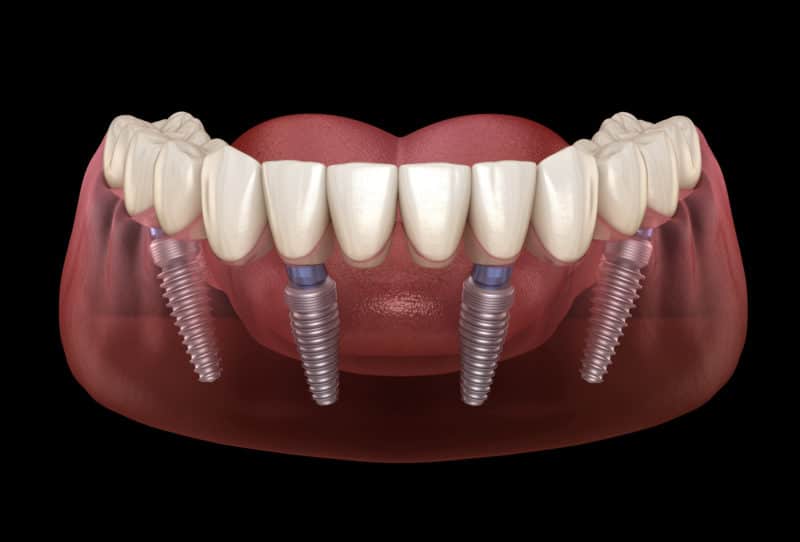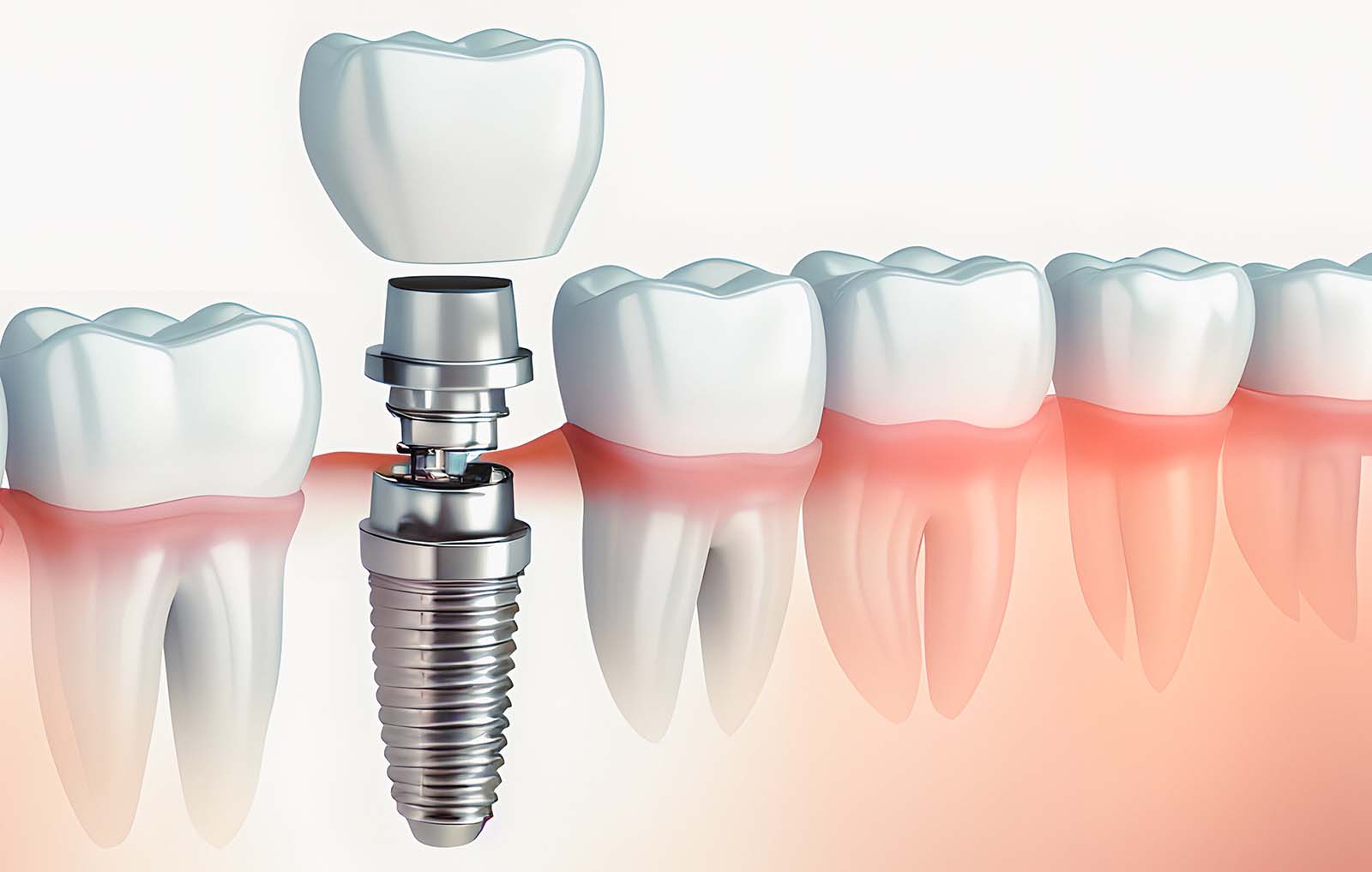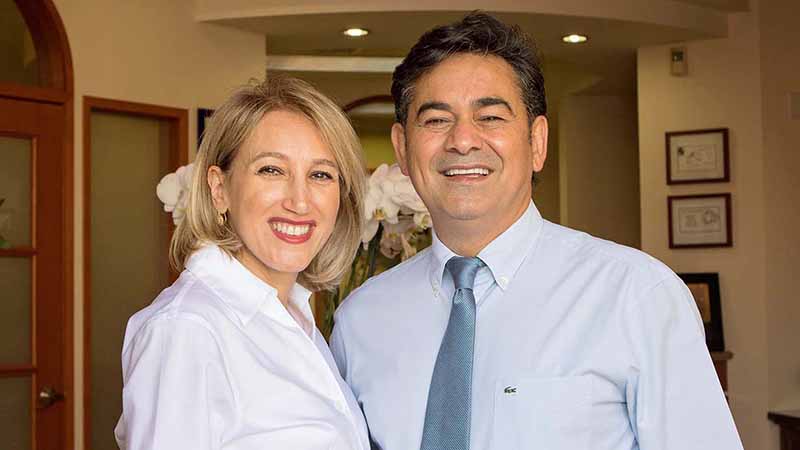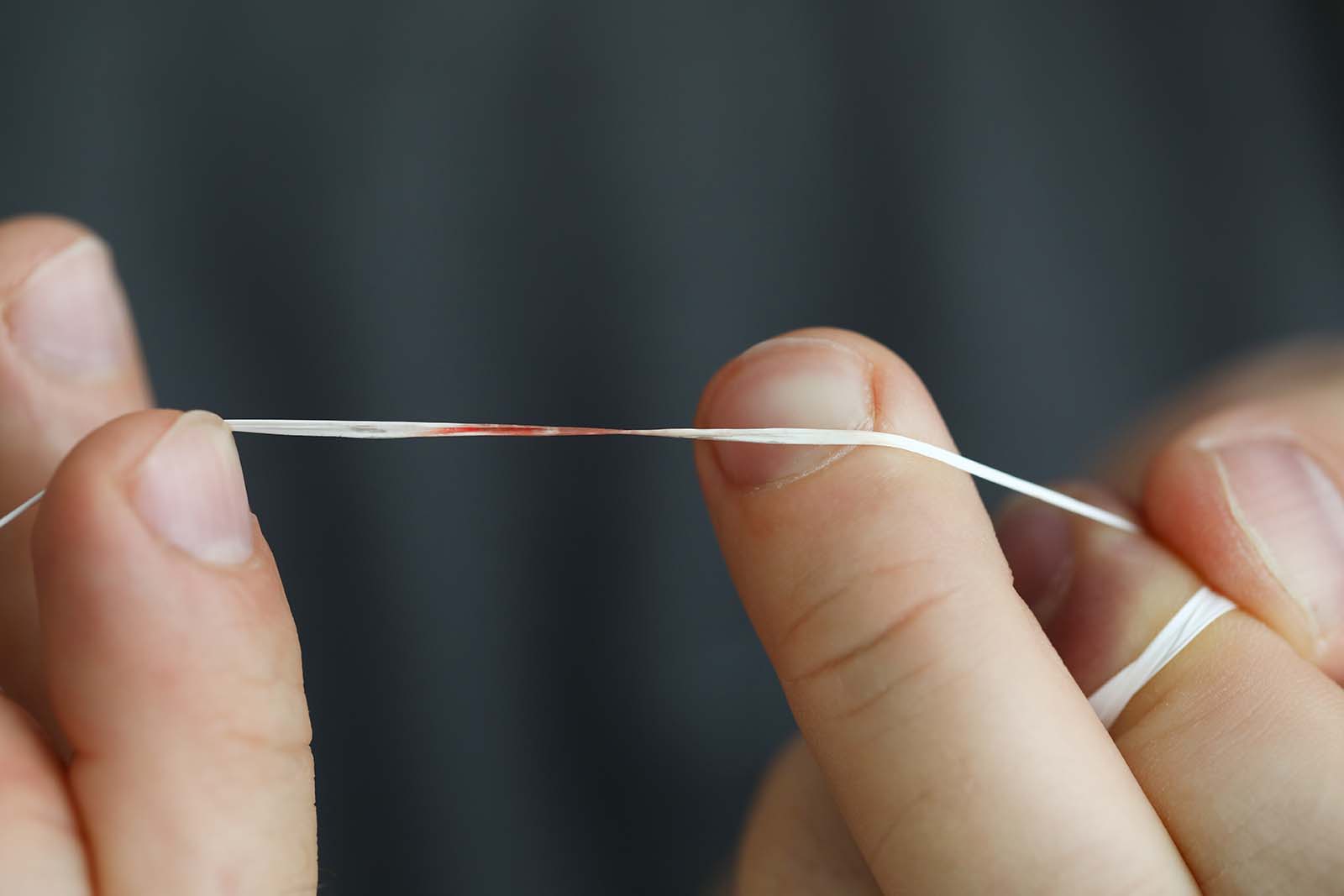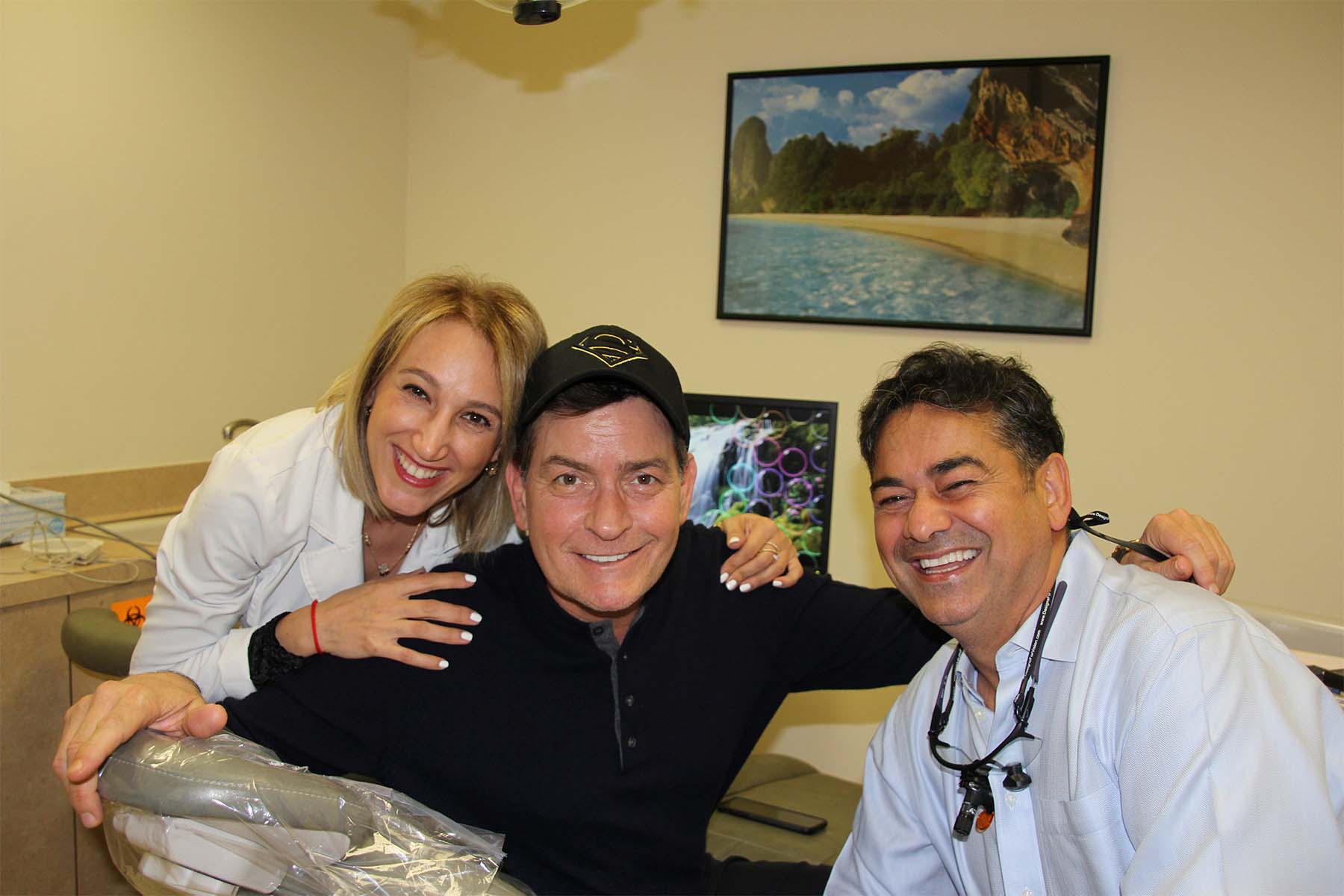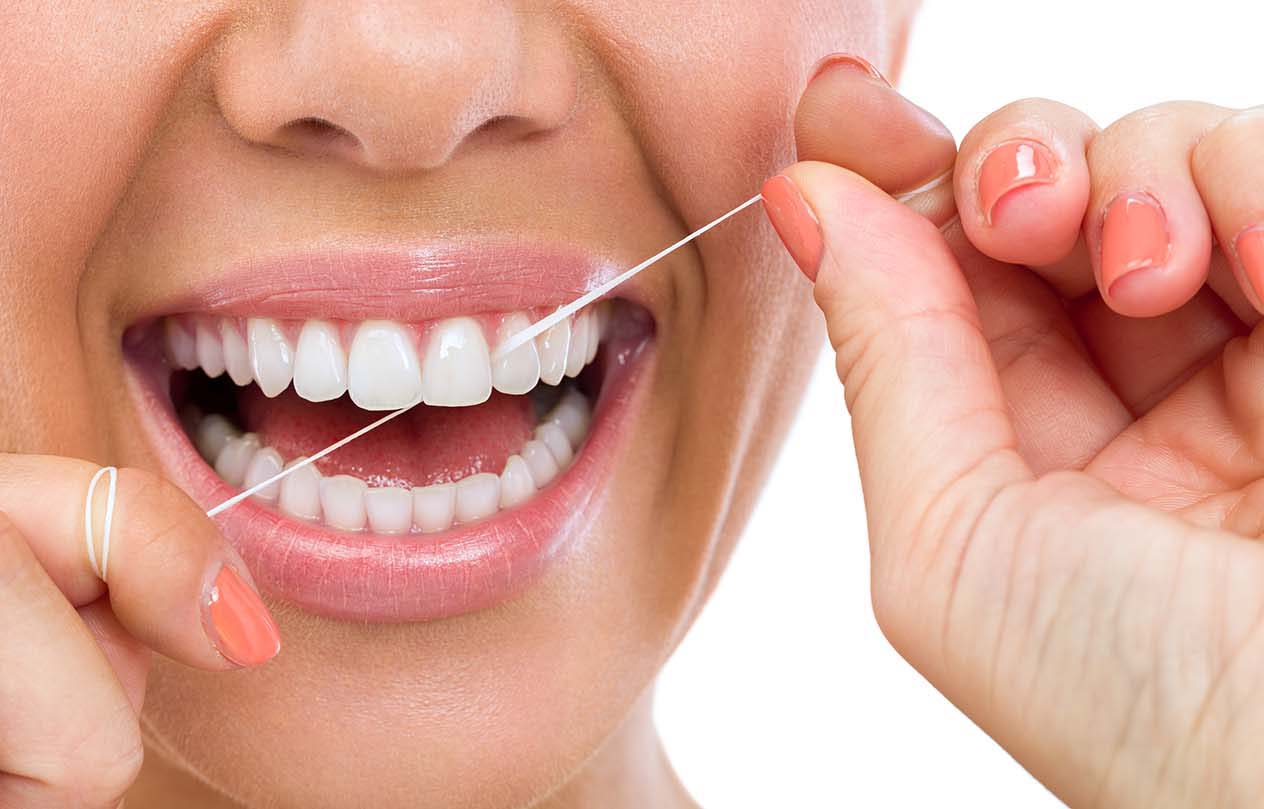Taking care of our teeth is more important than ever in today’s world. With the advancements in technology and the increasing awareness of the impact of oral health on overall well-being, it’s crucial to maintain healthy teeth and gums. Snap-on overdentures are dental prosthesis that helps individuals with missing or damaged teeth restore their smile and improve their oral health. They are designed to securely snap onto existing dental implants or remaining natural teeth and provide a stable and comfortable fit. Unlike traditional dentures, snap-on overdentures are not removable and provide a permanent solution to restore the function and appearance of a patient’s smile. Here is what you need to know about snap-on overdentures.
Types of Snap-on Overdentures
Bar-Retained Overdentures
These are a type of snap-on overdenture that utilizes a bar attachment system to secure the denture. The bar is made of titanium or other biocompatible materials and is surgically placed onto the existing dental implants or remaining natural teeth. The bar provides a stable and secure connection between dental implants and dentures, allowing for a comfortable and functional fit. The denture is then snapped onto the bar and held by small clips or locators. Such snap-on overdentures are mainly for patients with few dental implants or remaining natural teeth and require a full arch restoration.
Ball-Retained Overdentures
Ball-Retained Overdentures are attached to the mouth via a ball attachment method. The titanium or other biocompatible materials used to make the ball attachments are surgically affixed to the already-installed dental implants or remaining natural teeth. Ball attachments are also used to ensure a snug fit and stable connection between dental implants and dentures. The denture is then fastened to the ball attachments using a snap, with a socket or housing holding it in place. These snap-on overdentures are perfect for patients who need a full arch repair and have more dental implants or natural teeth still present.
Factors Used To Determine if One Needs Snap-on Overdentures
Number and Condition of Remaining Natural Teeth
Snap-on overdentures rely on a secure attachment to the existing dental implants or natural teeth for stability and function. Therefore, the number and condition of the remaining natural teeth will play a significant role in the success of snap-on overdentures. If a patient has sufficient healthy natural teeth, they may be a candidate for snap-on overdentures. However, if the remaining natural teeth are damaged or missing, the patient may need to undergo additional procedures, such as dental implants or tooth extractions, to receive snap-on overdentures.
Bone Density and Volume
Dental implants are required for snap-on overdentures in order to provide a stable and secure base for the denture, and the stability of the implants is based on the patient’s jawbone volume and density. If the patient has a healthy jawbone with adequate density and volume, they are likely to be a good candidate for snap-on overdentures. However, if the patient has a decreased jawbone density, they may need a bone graft procedure to build up the jawbone and make it suitable for dental implants.
Patient’s Overall Oral Health
To receive snap-on overdentures, the patient must have a healthy oral environment free from gum disease, decay, and other oral health conditions. The dentist will perform a comprehensive oral exam to determine the patient’s overall oral health and identify any issues that may need to be addressed before receiving snap-on overdentures. If the patient has any underlying oral health issues, such as gum disease or cavities, the dentist will recommend treatment to address these issues and improve overall oral health.
Patient’s Individual Goals and Needs
Patients’ individual goals and needs play a critical role in determining if they are a good candidate for snap-on overdentures. Snap-on overdentures offer several benefits over traditional dentures, but they may not be the right choice for every patient. The dentist will discuss the patient’s goals and needs and determine if snap-on overdentures are the best option to meet those needs. This personalized approach to dental treatment ensures that the patient will receive the best care and treatment suited to their individual needs and goals.
Advantages of Snap-on Overdentures
Improved Stability and Retention
The snap-on design, combined with dental implants or remaining natural teeth, provides a secure and stable fit for the denture. This eliminates the common problems associated with traditional dentures, such as slippage, wobbling, and shifting. With snap-on overdentures, patients can eat, speak, and smile confidently, knowing their dentures will remain in place. The secure fit also reduces the risk of dental problems, such as gum irritation and sores, that can occur with ill-fitting dentures.
Enhanced Comfort
Traditional dentures can be uncomfortable, especially if they don’t fit properly. Snap-on overdentures are designed to eliminate the need for adhesive materials and the pressure points and sore spots that can occur with traditional dentures. The denture is held in place by the dental implants or remaining natural teeth, which eliminates the need for adhesives and the associated discomfort. The secure fit also eliminates the embarrassment and discomfort associated with denture slippage. Thus with snap-on overdentures, patients can enjoy the confidence and Comfort of a secure, stable fit that lasts for years.
Better Speech and Chewing Ability
The secure fit and stable design of snap-on overdentures allows for improved functionality and reduces the risk of denture slippage or shifting during speech or chewing. This allows for improved oral function and promotes overall oral health. The secure fit also provides improved Comfort, reducing the risk of sore spots or pressure points that can occur with ill-fitting dentures. Thus, patients can enjoy the confidence and Comfort of a secure, stable fit that lasts for years while also improving their ability to speak and chew.
Aesthetic Restoration of Smile.
Life is meant to be lived to the fullest, and having a confident, beautiful smile can make a big difference. Snap-on overdentures allow patients to have a full arch of natural-looking teeth, which significantly improve their appearance and self-esteem. The denture is securely attached to the dental implants or natural teeth, providing a natural-looking and functional restoration. This improved appearance and function can positively impact a patient’s quality of life, helping them feel confident and comfortable in social situations.
Frequently Asked Questions
How Are Snap-on Overdentures Attached to Dental Implants?
Snap-on overdentures are attached to dental implants using a snap mechanism. The implants are surgically placed into the jawbone and allowed to heal and integrate with the surrounding bone. Once the implants have fully healed, the patient will receive a custom-made snap-on overdenture that fits over the implants. The overdenture will have small attachments that securely snap onto the implants, providing a secure and stable base for the denture. The snap mechanism allows the denture to be easily removed for cleaning and maintenance, but it is securely attached while the patient is wearing it.
What Is the Lifespan of Snap-on Overdentures?
The lifespan of snap-on overdentures can vary depending on several factors, including the patient’s oral hygiene habits, the quality of the materials used to make the overdentures, and the frequency of dental visits for maintenance and checkups. In general, snap-on overdentures can last anywhere from 5 to 10 years with proper care and maintenance. Regular dental visits are important to monitor the condition of the overdentures and the implants and to make any necessary repairs or adjustments. If the patient experiences any problems or issues with their snap-on overdentures, they should seek prompt treatment from their dentist to avoid further damage or deterioration.
How Do You Clean Snap-on Overdentures?
Cleaning snap-on overdentures is a simple process that can be done at home with a few basic tools. The patient should remove the overdenture from the implants and brush the overdenture thoroughly with a soft-bristled toothbrush and a non-abrasive denture cleaner. This will help remove any food particles or plaque that may have accumulated on the surface of the overdenture.
After brushing, the patient should rinse the overdenture thoroughly with water to remove any residual denture cleaner. It’s important to avoid using abrasive cleaners or scrubbing the overdenture too aggressively, as this can damage the surface of the denture or the attachments that snap onto the implants. Snap-on overdentures should be thoroughly cleaned at least once a day to extend the lifespan of the overdenture.
Can Snap-on Overdentures Be Adjusted if They Become Loose or Uncomfortable?
Yes, snap-on overdentures can be adjusted if they become loose or uncomfortable. The snap mechanism that attaches the overdenture to the dental implants can be adjusted to provide a secure and stable fit. If the overdenture becomes loose or the patient experiences discomfort, they should contact their dentist to schedule an appointment for an adjustment. The dentist will examine the overdenture and make necessary adjustments to ensure a secure and comfortable fit. This may involve adjusting the attachments that snap onto the implants or making other modifications to the overdenture to improve its fit and function.
Snap-on overdentures offer numerous benefits to those who invest in them. They are a worthwhile investment for anyone seeking a more reliable and comfortable solution for their denture needs. With proper care and maintenance, snap-on overdentures can provide a secure and stable fit for many years, improving the patient’s oral health and quality of life. If you’re interested in learning more about snap-on overdentures and whether they may be right for you, kindly reach out to us for a consultation. Our team of qualified dental professionals is here to answer your questions and provide the information you need to make an informed decision about your dental health. Don’t let denture discomfort or insecurity hold you back any longer – contact us today to schedule your consultation and take the first step towards a more comfortable, confident smile.





